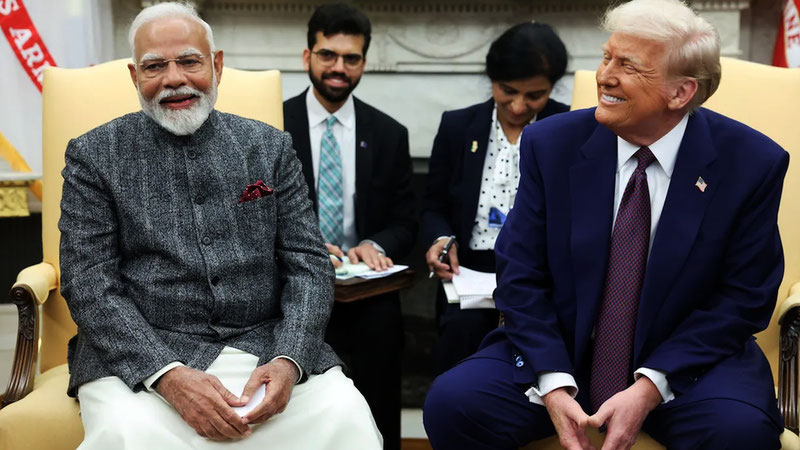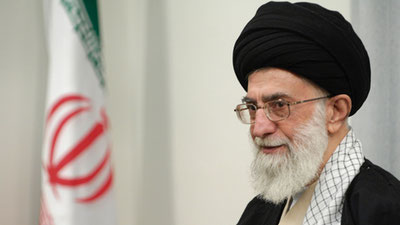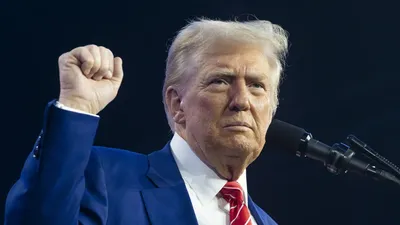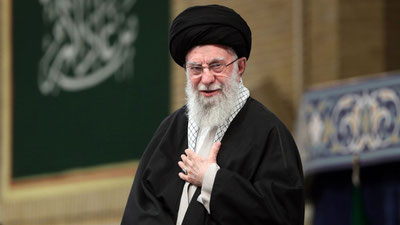Photographs of Indian Prime Minister Narendra Modi standing side-by-side with Russian President Vladimir Putin and Chinese leader Xi Jinping at the Shanghai Cooperation Organisation summit held in Tianjin, China, on September 1, 2025, clearly indicated a shift in India's foreign policy .
After Donald Trump returned to the U.S. presidency, negative changes occurred in relations with India. The Trump administration imposed a 50% tariff on Indian goods and criticized New Delhi for purchasing cheap Russian oil. Meanwhile, Trump focused his attention on trade deals with China.
Against this backdrop, Modi is demonstrating that he is not succumbing to U.S. pressure, but is instead continuing his policy of "strategic autonomy." In particular, he is working to strengthen ties with Russia and is showing openness to dialogue with China, despite the sharp tensions of previous years.
Reasons for the chill between Trump and India:
- Trade pressures: Trump criticized the trade balance with India and increased customs duties.
- Geopolitical differences: Trump's outreach to Pakistan and his warm statements about that country caused discontent in India.
- Desire for a deal with China: While Trump was trying to sign a major trade deal with China, he was sidelining the Quad (India, U.S., Japan, Australia) security alliance.
India's Response:
- Modi attended the SCO summit, sending a signal of political closeness with Russia and China.
- The Indian government believes recent U.S. policy is unilateral and unfair.
- In response to Trump's criticism of India, Delhi is seeking new strategic directions for itself.
U.S.-India relations are becoming problematic during the Trump era. India, in turn, is reducing its dependence on its traditional ally and revitalizing ties with Russia and China to strengthen its global position. This indicates that significant changes are taking place in Eurasian geopolitics.






